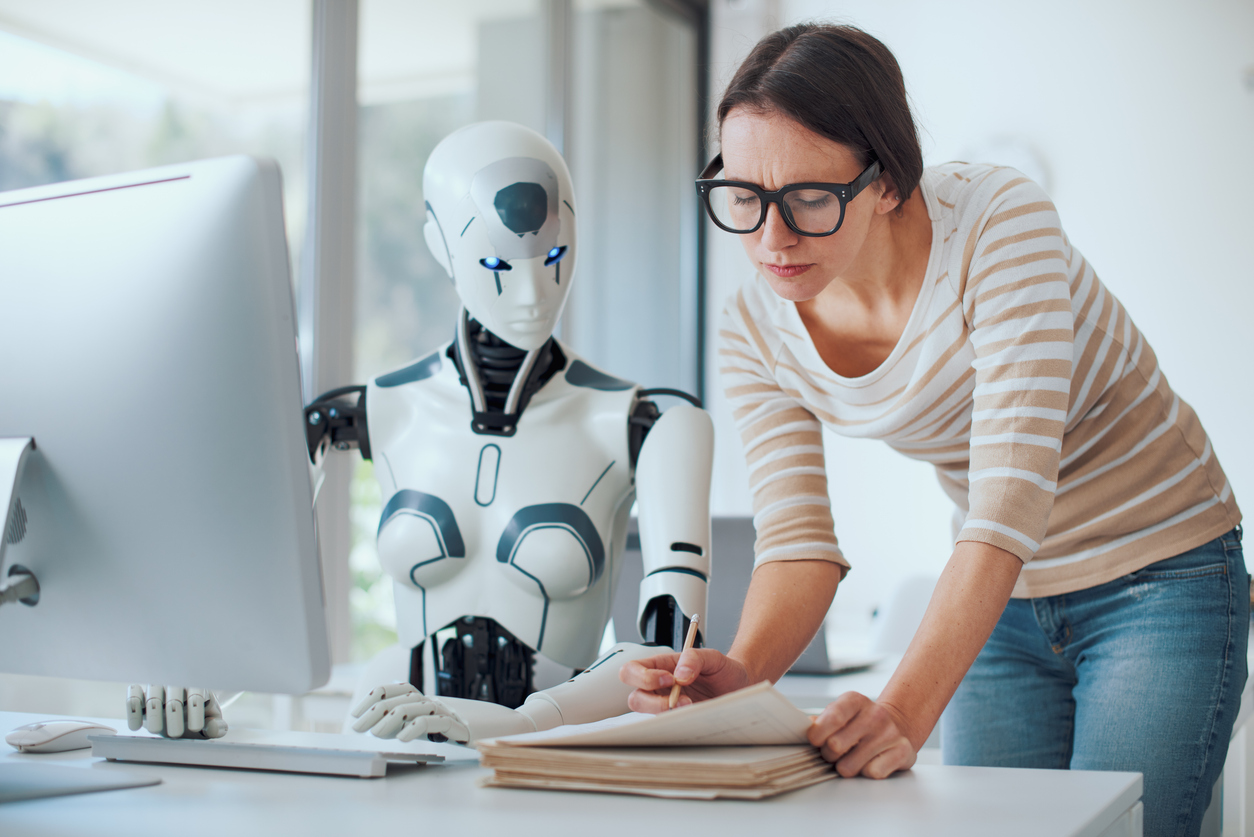Is your identity really your own? Given the recent row between Scarlett Johansson and OpenAI, this is a question heavily worth considering.
Johannson said OpenAI’s CEO, Sam Altman, had approached her in September and again in May, asking if she would allow her voice to be used in the system. Despite declining both times, only days after the second request she heard a voice assistant on the new GPT-4o chatbot that sounded uncannily like her own.
What Do We Mean by Identity?
As humans, we absolutely need the right to our own identity, which includes the right to request the removal or deletion of content that harms our identity. But what exactly is ‘identity’?
Identity isn't just about our personal traits or qualities; it is a fundamental aspect of who we are, built throughout a lifetime of choices. As celebrities have shown us, identity is also linked to our public image. It is collaborative – formed and influenced by how others perceive us.
Minor attacks against our identity may have limited impacts, but the cumulative effects can be far more detrimental.
Balancing Innovation with Accountability
There is no doubt that Artificial Intelligence (AI) is developing at an impressive pace, with tools such as ChatGPT becoming an integral part of businesses all around the world. In fact, it’s highly likely that AI assistants will soon be able to meaningfully converse with users, potentially going as far as forming various sorts of ‘relationships’ with them.
However, these quick advancements - despite being incredibly exciting - remind us of the critical need to prioritise transparency and accountability, in order to ensure we’re developing AI systems that respect individual rights and fairness.
AI and its Threat to Women
As with numerous other areas of life, technology often can be vulnerable to biases. These biases can present serious challenges for women that threaten their economic security, personal safety, and social norms. Without care, AI risks worsening gender disparities for women in the workplace and beyond.
AI Threats to Personal Safety
Arguably the most significant threat women face with AI is related to its effects on personal safety. Deepfakes - the AI-generated manipulated media that can create realistic videos, images, and audio - can be used to portray women in compromising or falsified situations.
Women also face increased risks when it comes to demographic and societal factors. For example, AI algorithms are more likely to reinforce biases against:
- Women of colour
- LGBTQIA+ women
- Disabled women
- Women from low-income backgrounds.
Economic disparities, limited access to technology, and cultural biases complicate these issues further.
Ensuring an Equitable Future for AI
It is so important that artificial intelligence has transparency, accountability, and inclusivity at its core. Concentrating on these areas can help develop systems which advance not only technology but also personal rights.
Stricter regulations against online harassment and deepfakes are also needed to safeguard the dignity and privacy of women everywhere.
If you’re looking for a way to incorporate AI into your digital marketing strategy, please get in touch with a member of the Drum Digital team today. Our team is on hand to offer expert advice and guidance on all your digital marketing needs.



.jpeg)


